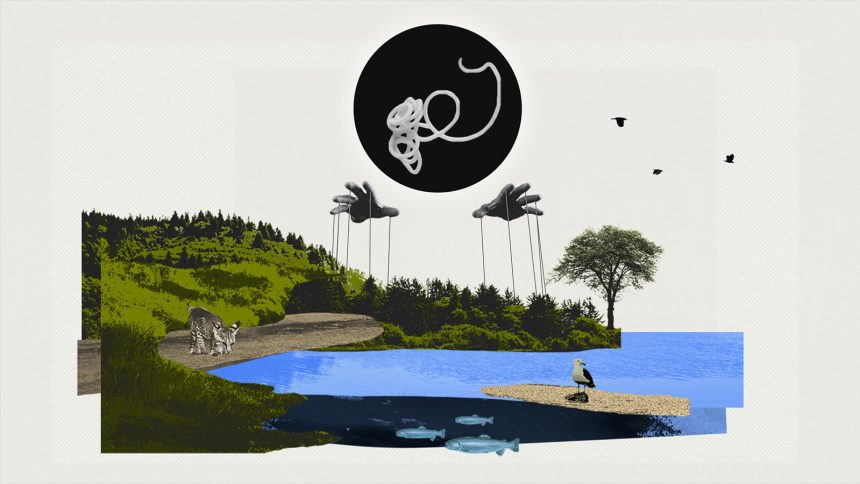Introducing “Proof of Concept,” a captivating video series that delves into the world of environmental research, showcasing the remarkable work of scientists like Chelsea Wood. As a child, Wood spent her days collecting Periwinkle snails on the shores of Long Island, only to discover years later that these snails were actually infested with parasites, leading her to view parasites as “puppet masters” manipulating their hosts.
Wood, now a parasite ecologist at the University of Washington, highlights the fascinating ways parasites interact with their hosts, from mind control to physical transformations. Contrary to popular belief, some scientists are recognizing parasites as essential components of ecosystems, much like predators are to maintaining balance in nature.
This shift in perspective echoes the lessons learned from the reintroduction of wolves in Yellowstone National Park, where their presence had a transformative impact on the entire landscape. Similarly, parasites play a crucial role in shaping ecosystems, as demonstrated by Wood’s research on nematomorph worms and their impact on creek water quality.
Despite constituting 40% of the animal kingdom, there is still much to learn about parasites, particularly in the face of climate change. Wood’s innovative approach of studying preserved fish samples in museum collections has yielded valuable insights into the historical trends of parasite populations.
Through meticulous dissections and microscopic analysis, Wood and her team have uncovered the changing dynamics of parasite prevalence over time, highlighting the decline of complex parasites that rely on multiple host species. This groundbreaking research sheds light on the intricate relationships between parasites and their environments, paving the way for a deeper understanding of the role parasites play in shaping our world.






